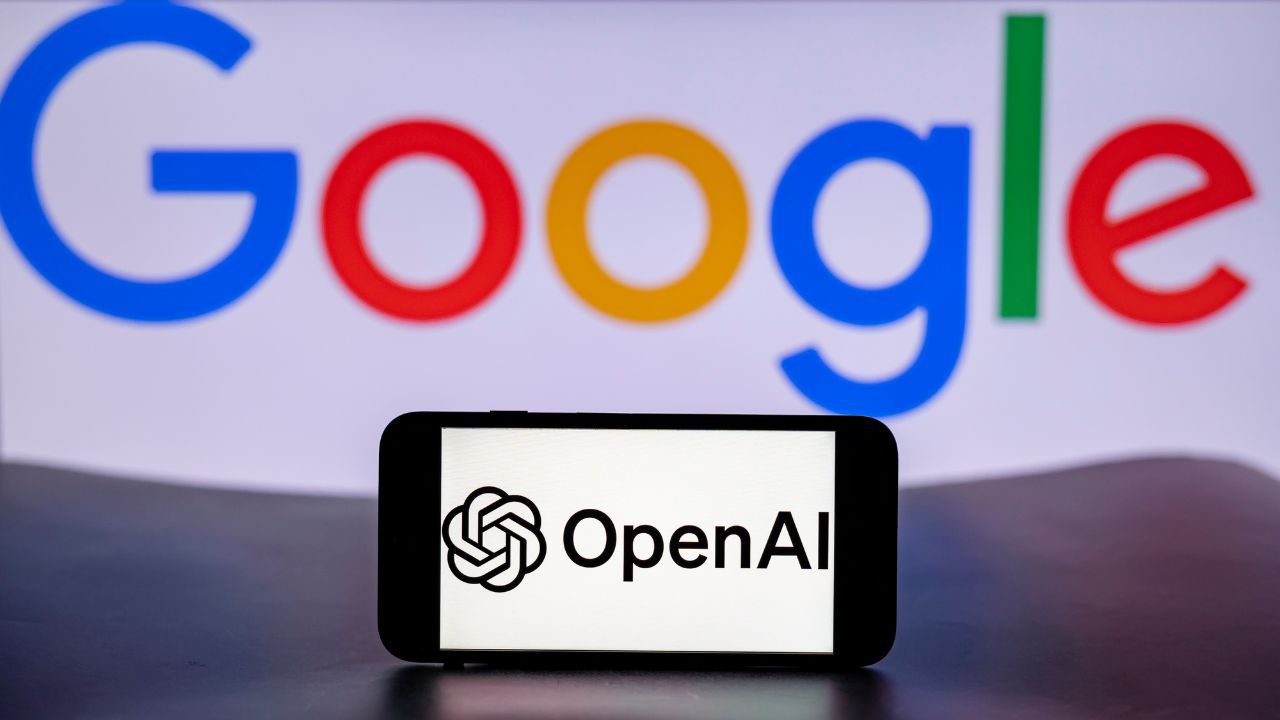In a quiet yet significant move, OpenAI has added Google Cloud to its roster of computing infrastructure partners. This new collaboration marks a pivotal shift for the artificial intelligence leader, which had long relied exclusively on Microsoft’s Azure cloud services. Alongside Google, OpenAI is also working with Oracle and CoreWeave—two key players it had already brought on board in recent months to scale up its compute resources. The partnership with Google was finalised in May after months of discussions.
Also Read: YouTube Just Dropped a Game-Changer for Indian Creators- the Hype Tool
The Race for Compute Power Intensifies
The collaboration highlights the enormous computing power required to train and operate large-scale AI models and how these demands are reshaping alliances in the tech world. OpenAI's decision to diversify its cloud partnerships is not just strategic—it’s necessary. This development is part of OpenAI’s broader push to expand its infrastructure beyond its long-standing reliance on Microsoft. Until early 2024, Microsoft’s Azure was the exclusive cloud provider for ChatGPT and other OpenAI services. But with compute requirements escalating at a rapid pace, OpenAI is now casting a wider net.
Stargate, CoreWeave, & SoftBank: The Bigger Picture
Earlier this year, OpenAI made headlines by partnering with Oracle and SoftBank on its ambitious $500 billion “Stargate” project—a massive AI infrastructure initiative designed to handle next-generation workloads. It also inked multi-billion-dollar deals with CoreWeave, a specialised cloud provider focused on GPU-intensive computing, to further boost its processing power. Now, the addition of Google Cloud signals yet another bold move in OpenAI’s mission to reduce dependency on any single provider—especially Microsoft, which had previously held an exclusive infrastructure partnership.
Also Read: Samsung Galaxy Users: One Setting Could Save You From Losing Everything
Breaking the Lock-In
According to Reuters, OpenAI and Google had been discussing a potential partnership for months. However, the two companies had previously been unable to formalise the deal due to OpenAI’s existing contractual exclusivity with Microsoft. That lock-in appears to have ended earlier this year, opening the door for broader collaborations across the cloud ecosystem. This expansion of alliances may also hint at deeper shifts in the cloud and AI market, as major tech firms increasingly compete not just in model development but in who powers the future of AI.




